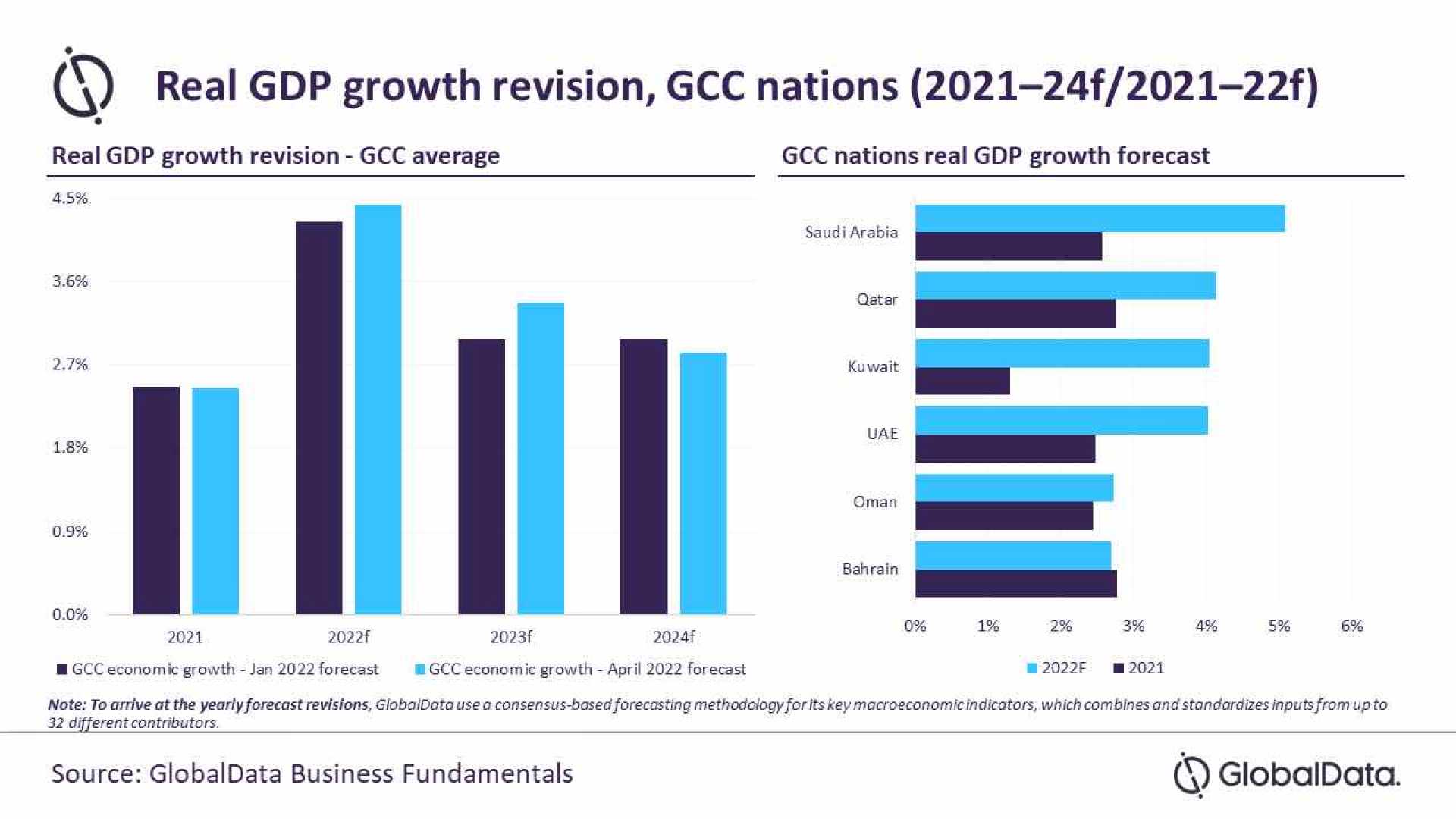Business
Gulf States Economic Outlook Brightens Post-OPEC Production Cuts

Washington, D.C. — The economies of the Gulf Cooperation Council (GCC) are projected to show robust growth as countries like Saudi Arabia, the UAE, and Qatar emerge from OPEC production cuts. The World Bank estimates that the GCC economy will expand by 3.2% in 2025, with a further increase to 4.5% in 2026, following a slow growth period in 2023 and 2024.
This recovery comes amid bold economic diversification efforts by GCC nations, including Saudi Arabia, Qatar, the UAE, Bahrain, Kuwait, and Oman. These countries have invested heavily in renewable energy, tourism, and technology, seeking to reduce their dependence on oil.
During a tour in May 2025, U.S. President Donald Trump announced over $2 trillion in investment pledges from GCC nations. Reports indicate that Saudi Arabia pledged approximately $600 billion, while Qatar and the UAE committed $1.4 trillion and $1.2 trillion, respectively.
Despite the challenges posed by tariff policies, GCC states are focusing on deepening their economic ties with the U.S. to bolster their non-oil sectors. For instance, Saudi Arabia’s hydrocarbon GDP is expected to rise by 6.7% in 2026, aided by the reduction of OPEC production limits, while non-oil GDP will see a steady growth of 3.6% during the same period.
The UAE’s economy is projected to grow by 4.6% in 2025, largely due to enhancements in its non-oil sectors. Recent governance improvements and strategic public investments are supporting this trend. Qatar’s economic growth is also expected to accelerate significantly as it ramps up its liquefied natural gas production.
In Bahrain, growth is anticipated to stabilize at 3.5% as it completes significant refinery upgrades. Kuwait expects a recovery in its economy with a 2.2% growth forecast for 2025, while Oman is on track for a growth of 3% in the same year.
Overall, the GCC’s proactive approach to economic diversification appears to be enhancing its resilience against oil market fluctuations. Economists remain optimistic, but they caution that global uncertainties could pose risks to this positive trajectory.












